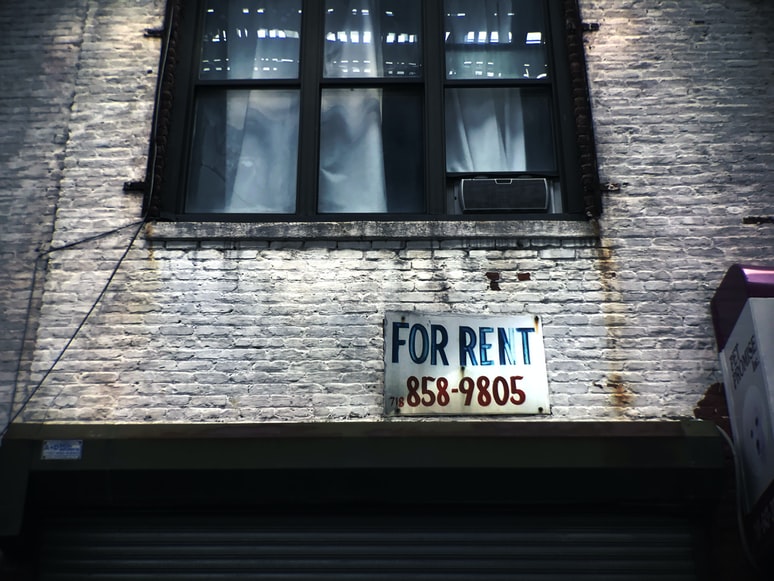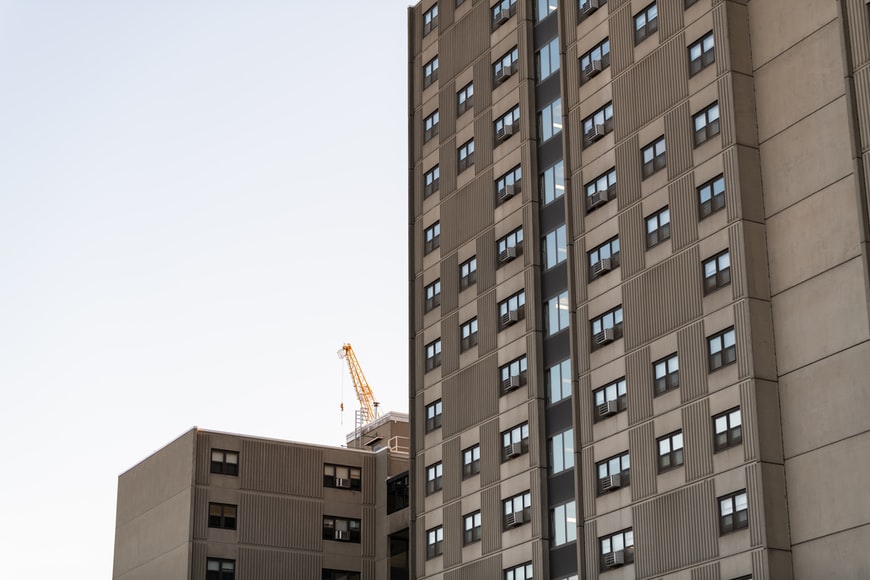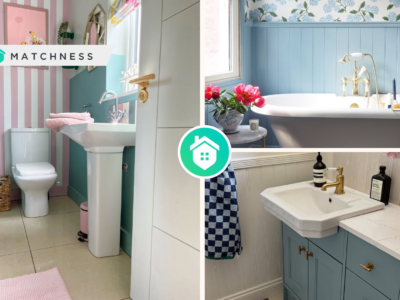Rental properties offer several benefits, from a steady income to long-term appreciation. However, investing in rental property can also bring a host of challenges, especially if you’re not prepared for them. This is why it’s important to thoroughly analyze your investment before getting started. Here are six tips every beginner should know when analyzing their potential rental property investment.
Understand Your Property’s Cash Flow
Ideally, your investment will be able to not only cover the mortgage payment but also provide additional cash flow each month. The cap rate calculator can help you determine how much potential cash flow you can expect based on the initial purchase price. For example, using a cap rate of 6% would give you $6 in monthly cash flow for every $100,000 of property value. However, keep in mind that cap rates are just an estimation and tend to vary depending on prevailing interest rates. Also, cap rates do not include other expenses associated with renting out your property such as maintenance, utilities, or yard care so bear this in mind when interpreting cap rate numbers.
Hire A Home Inspector
A professional inspector can help you identify potential issues with the property that could cost a lot of money down the road. An experienced home inspector will be able to give you an accurate description of the property’s condition as well as provide tips on how to remedy any problems they find. In addition, having an inspector walk through your investment before closing can make it easier to negotiate repairs as part of your offer. It’s also a good idea to have your property inspected by an insurance inspector before signing off on any repairs.
Find A Reputable Real Estate Agent
If you plan on using a real estate agent to help you find your rental property, it’s important to choose one who has experience dealing with similar properties and clients. This way, they will understand what needs to be done and how much it should cost so there aren’t any unnecessary or hidden charges after closing. Keep in mind that the commission of a sale is factored into closing costs and can impact your bottom line so look around for a real estate agent with reasonable rates as well as someone whose philosophy aligns with yours when handling negotiations. You’ll want them working in your best interests throughout the entire process so finding an agent who thinks similarly to you can help ensure this.
Determine The Ideal Purchase Price
Although it’s not always possible for buyers to purchase property at their target price, it’s best to try and find a number that is as close as possible. If the appraisal reveals that your offer price is above the market value of the home, you’ll need to withdraw or renegotiate with the seller before moving forward. You want to avoid this since it could impact your chances of finding an investment in the future if there are issues with financing down the road once you’re ready to move forward on another deal. At the same time, make sure you don’t undervalue your property by offering too low of an amount or allowing yourself room for negotiating room with the seller.
Thoroughly Analyze The Neighborhood
A rental property’s value depends on more than just its structure—it also depends on location, amenities, and neighborhood factors. Make sure to consider all these factors before you buy so you know what makes your investment valuable or vulnerable in its surrounding area. Check out crime statistics, school ratings, public transportation options, population growth rates, etc., to give yourself an idea of what types of tenants are likely to rent your property. It would also be a good idea to visit the area yourself to get a feel for what amenities are available since these matter quite a lot when deciding how much rent you can charge.
Know Your Tax Breaks
Investors do not have to pay taxes on the first $250,000 in profit they make from selling a home. In other words, if you buy a rental property for $200,000 and sell it for $500,000 after living in it for 2 years, your tax liability becomes zero at this point since you did not have to claim any capital gains. Also, individuals can deduct interest paid on up to a million dollars worth of mortgages acquired to buy their primary residence or investment property. So let’s say you have a couple of thousand dollars left over each month from your rent but want additional deductions. You could purchase another rental property with an 80% loan-to-value mortgage and take advantage of the tax break. Just make sure you’re not forced to sell your home, as this would result in paying capital gains taxes on all of the profits earned between purchase and selling prices.
While this article does not include everything you need to know about how to analyze your investment property, these tips will help get you started so that you can find the best deal for your needs. You can avoid costly mistakes like hiring an unscrupulous inspector or buying a property without enough equity by following simple guidelines like these mentioned above so make sure to keep them in mind before investing. While it may require a lot of work, time spent investigating an investment property is always worth it when finding the right home that should earn you money long-term.






















